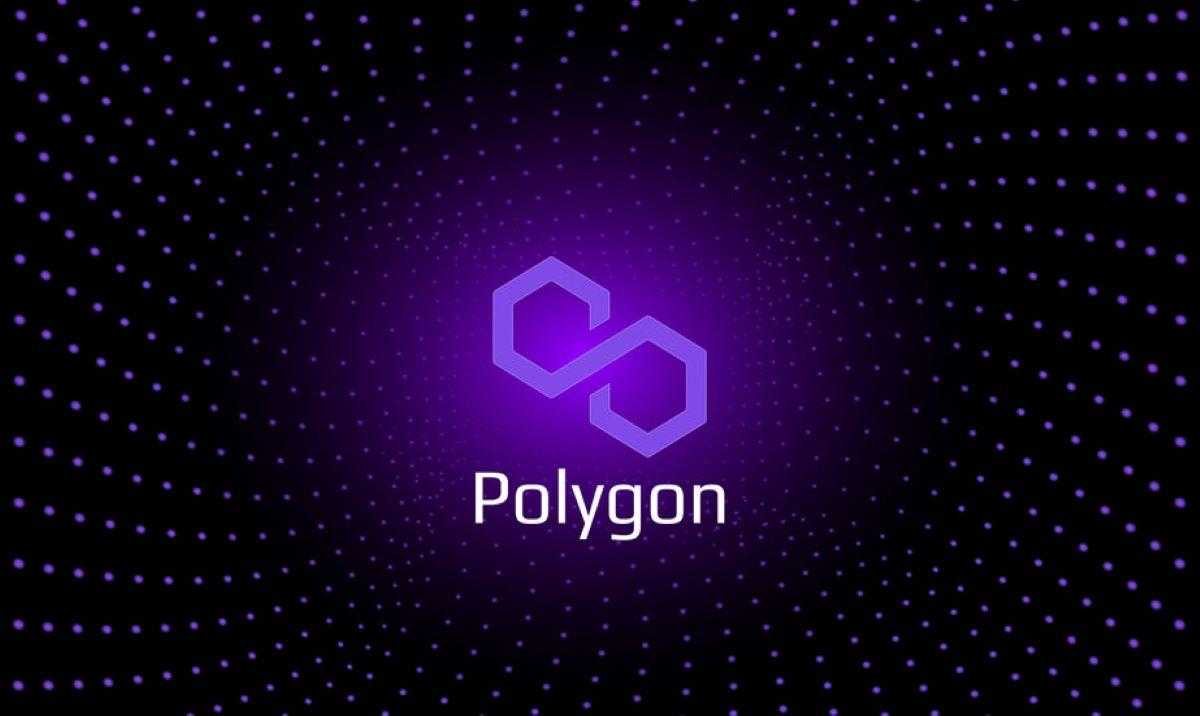In the rapidly expanding universe of blockchain technology, Polygon has emerged as a pivotal solution to one of the most pressing challenges facing decentralized networks: scalability. Originally conceived as Matic Network in 2017 and rebranded as Polygon in 2021, this Ethereum scaling solution has garnered widespread acclaim for its innovative approach to enhancing blockchain throughput and usability. As we look ahead to 2024, Polygon stands at the forefront of blockchain development, poised to accelerate mainstream adoption and drive unprecedented growth in decentralized applications (dApps) and digital finance.
Origins and Evolution of Polygon
Polygon was founded with a mission to address Ethereum’s scalability limitations, which became increasingly apparent during the cryptocurrency boom of 2017-2018. Recognizing the need for a scalable and efficient layer-2 scaling solution, the team behind Polygon developed a framework that enables Ethereum-compatible blockchain networks to operate alongside the main Ethereum chain, leveraging its security while significantly boosting transaction throughput.

Understanding Polygon’s Architecture
Layer-2 Scaling Solutions
Polygon utilizes a layer-2 scaling solution that aims to relieve congestion on the Ethereum mainnet by processing transactions on sidechains or “commit chains.” These commit chains are interoperable with Ethereum, allowing users to seamlessly transfer assets and data between the main chain and various Polygon sidechains with minimal latency and lower transaction costs.
Polygon SDK and Framework
The Polygon SDK (Software Development Kit) provides developers with tools and libraries to create custom blockchain networks tailored to specific use cases. This modular framework supports the deployment of scalable dApps and decentralized finance (DeFi) protocols, offering flexibility and ease of integration with existing Ethereum-based applications.

Polygon PoS Chain
In addition to its layer-2 scaling solutions, Polygon operates its own proof-of-stake (PoS) blockchain known as the Polygon PoS chain. This chain acts as a secure and scalable infrastructure for validating transactions and securing the Polygon network, offering staking opportunities for participants who contribute to network security and governance.
Technical Advancements and Features
Interoperability and Ethereum Compatibility
One of Polygon’s key strengths lies in its seamless interoperability with the Ethereum ecosystem. By maintaining compatibility with Ethereum’s Virtual Machine (EVM) and smart contracts, Polygon enables developers to port existing Ethereum dApps to Polygon’s network with minimal modifications, enhancing scalability without sacrificing Ethereum’s security guarantees.

Plasma Chains and Rollups
Polygon supports multiple scaling solutions, including Plasma chains and rollups, which optimize transaction processing and data storage efficiency. Plasma chains enable high-speed transactions by aggregating multiple transfers into single blocks, while rollups provide a cost-effective way to settle transactions on Ethereum without compromising on security or decentralization.
Polygon Commit Chain and Security
The Polygon commit chain architecture ensures robust security through periodic checkpoints and cryptographic proofs, verifying the integrity of transactions and state changes across the network. This approach enhances trust and reliability, mitigating risks associated with potential network attacks or vulnerabilities.

Use Cases and Applications
Decentralized Finance (DeFi)
Polygon has become a preferred platform for DeFi projects seeking to overcome Ethereum’s high gas fees and network congestion. DeFi protocols deployed on Polygon benefit from faster transaction confirmation times and significantly lower transaction costs, making complex financial instruments accessible to a broader audience of users and developers.
Gaming and Non-Fungible Tokens (NFTs)
The scalability and low transaction fees offered by Polygon have positioned it as a leading blockchain solution for gaming applications and NFT marketplaces. Gaming studios and artists can leverage Polygon’s infrastructure to create interactive experiences, digital collectibles, and virtual economies that are both efficient and cost-effective for users.

Enterprise Solutions and Supply Chain Management
Enterprises exploring blockchain technology for supply chain management and logistics can utilize Polygon’s scalable infrastructure to improve transparency, traceability, and efficiency across complex supply networks. By integrating blockchain solutions, businesses can streamline operations, reduce costs, and enhance data integrity in global supply chains.
Community and Ecosystem Growth
Developer Adoption and Support
Polygon has fostered a vibrant developer community through initiatives such as developer grants, educational programs, and technical workshops. The Polygon Foundation provides resources and support to empower developers in building and deploying innovative dApps and blockchain solutions on the Polygon network, driving ecosystem growth and adoption.

Strategic Partnerships and Integrations
Strategic partnerships with leading projects, exchanges, and blockchain platforms have expanded Polygon’s ecosystem and enhanced its interoperability with other blockchain networks. Collaborations aim to integrate complementary technologies, facilitate cross-chain asset transfers, and promote standards for scalable and secure blockchain solutions.
The Road Ahead: Polygon in 2024 and Beyond
Looking forward, Polygon is poised to continue its trajectory of innovation and expansion, driven by ongoing technological advancements and community-driven initiatives. As blockchain technology evolves, Polygon remains committed to enhancing scalability, interoperability, and user experience, positioning itself as a cornerstone of the decentralized web.
Advancing Scalability Solutions
Polygon’s roadmap for 2024 includes further enhancements to its layer-2 scaling solutions, optimization of transaction throughput, and integration of advanced cryptographic techniques to improve network efficiency and security. These developments aim to meet growing demand for scalable blockchain solutions across diverse industries and use cases.

Regulatory Engagement and Compliance
Navigating regulatory landscapes remains a priority for Polygon, with initiatives focused on fostering regulatory clarity, compliance frameworks, and industry standards. Clearer guidelines can facilitate broader adoption of Polygon-based solutions by enterprises, financial institutions, and government agencies seeking efficient and transparent blockchain technologies.
Conclusion: Empowering the Future of Blockchain
In conclusion, Polygon exemplifies the transformative potential of layer-2 scaling solutions in enhancing blockchain scalability, interoperability, and usability. By providing a robust infrastructure for decentralized applications and digital finance, Polygon is reshaping the landscape of blockchain technology and paving the way for a more inclusive and interconnected digital economy. As we embark on the journey towards 2024 and beyond, Polygon’s commitment to innovation, community engagement, and technological excellence underscores its role as a leading platform for building the decentralized web of tomorrow.
